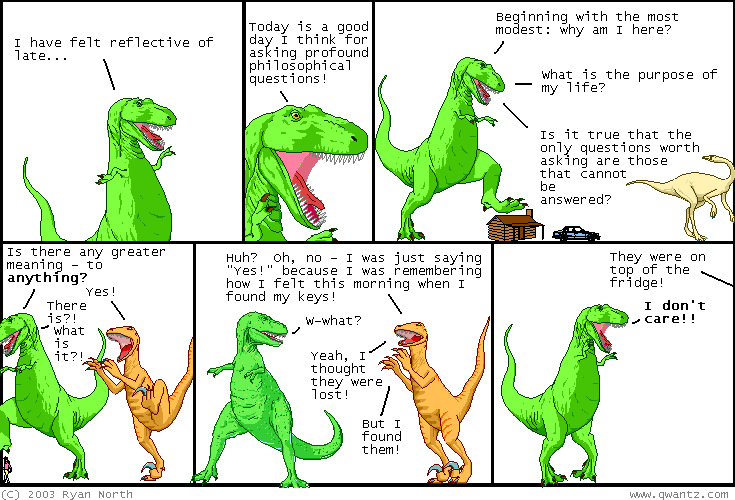Introduction to PhilosophyGloucester County CollegePhilosophy 101-E1, Fall 2009Thursdays, 6:00–8:30 p.m. in Instructional Center, Room446
Instructor: Sean Landis
Email:
slandis@gccnj.eduPhone: 609-980-8367
Required TextsThe Philosophical Journey: An Interactive Approach, 4th Edition, William F. Lawhead
(buy used from Amazon or Half.com; or buy the 3rd edition)About the CourseThis course is designed to introduce students to philosophy. Throughout the semester, we are going to explore a handful of classic philosophical questions: What is knowledge? Does God exist? What is the nature of good and evil?
In examining these issues, it is my hope that we can also develop the skills of doing philosophy—understanding philosophical arguments, evaluating the quality of such arguments, and developing good arguments of our own on philosophical topics. Our main goal is for each of us to come to appreciate the value of sitting and thinking. Long, careful, systematic, detailed thought is a great tool for increasing understanding on complex topics.
GradingA = 930-1000 total points
A- = 900-929 total points
B+ = 867-899 total points
B = 834-866 total points
B- = 800-833 total points
C+ = 767-799 total points
C = 734-766 total points
C- = 700-733 total points
D+ = 667-699 total points
D = 634-666 total points
D- = 600-633 total points
F = below 600 total points
AssignmentsMidterm: 250 points
Final : 350 points
Quiz : 150 points
4 Reading Responses : 50 points each (200 points total)
Attendance/Participation: 50 points
Quiz: There will be a 25-minute quiz at the end of the first sections on arguments and knowledge.
Exams: There will be a midterm and a final exam. The midterm tests everything covered during the first half of the course, and will last about 80 minutes on the scheduled day. The final exam is cumulative—it tests everything covered throughout the whole course, not just the second half. The final will also last 80 minutes, and take place on the last day of class.
Reading Responses: There will be four reading responses, which are to be handed in at the beginning of class the day they are due. Each assignment is an approximately one- to two-paged (typed, double-spaced, 12-point font, normal margins) response to a specific question about one or more of the week’s readings. The responses are a chance to do philosophy. To this effect, the focus of the responses will be on paraphrasing (demonstrating that you understand the argument by putting it in your own words) and critically evaluating (presenting objections to the argument or responding to such objections) the philosophical arguments being presented in the readings.
Extra Credit: I like giving extra credit! I’ll be giving some official extra credit assignments throughout the semester. I’ll also be offering some extra credit points more informally during class time. Remind me about this if I slack off on dishing out extra credit points.
Classroom PoliciesACADEMIC HONESTY STATEMENT: Gloucester County College is committed to a learning environment that embraces the principles of honesty. Faculty, students, and administrators share responsibility for maintaining this environment of academic honesty and integrity, accepting responsibility for all actions, personal and academic. Each member of our community is expected to read and understand our Academic Integrity Policy. This policy can be found on the GCC Web site
here. The policy gives faculty authority to impose an academic sanction which is reasonable and commensurate with the violation.
PLAGIARISM: GCC's Academic Integrity Policy defines plagiarism as "the unacknowledged use of another's means of expression and/or work product, whether published or unpublished, without proper credit through the use of quotation marks, citations and other customary means of identifying sources." Essentially, this means copying the words or ideas of another without the proper form of academic documentation.
There are two basic kinds of plagiarism: deliberate plagiarism and accidental plagiarism. One may sound more acceptable than the other, but they are equally serious academic offenses. The most common act of deliberate plagiarism involves copying another person's work and passing it off as your own. The most common act of accidental plagiarism involves failing to provide the proper internal documentation for quoted, summarized and paraphrased ideas from another person, even if you list the source in your Works Cited.
In this class, deliberate and accidental plagiarism will be treated the same. The first instance of plagiarism will at least result in a zero (0) for that assignment and require a student professor conference. A second offense will result in an F for the course. In addition, a second offense will be reported to the Dean of Arts and Sciences and the Dean of Students.
ELECTRONICS: Use of cell phones, MP3 players, pagers, and similar electronic devices is not permitted during class time. Approval must be gained from the instructor prior to student use of audio or video recording devices in class.
GCC ATTENDANCE POLICY: Students attain maximum academic benefit through regular class attendance. Nothing else has yet been discovered to replace in value the daily, cumulative, educational growth that results from regular participation in class. This is especially true where ideas, concepts, points of view, social developments, poise, confidence, knowledge and success derive from the interaction of students and faculty.
Therefore, students are expected to attend all class sessions for which they are scheduled. The effect of absences on student grades will be determined by each instructor, consistent with his or her stated policy provided in course outlines.
PHI101 ATTENDANCE POLICY: A key to taking any college course is time management. Therefore, each student is expected to attend every class. Significant emphasis will be given to unexcused absences at the time of the final grade. An unexcused absence from class is not an excuse for not taking an assigned quiz or assignment. Each student is responsible for all class work and assignments when absent from class. Quizzes and other in-class assignments may not be made up unless approved by your instructor.
Exceptions are rare and will be given only when the instructor is informed in advance. Do not wait until an assignment is late to inform the instructor of the reasons why it is late. Extensions – usually only a day or two – will be granted when the student has established a track record of attendance and meeting deadlines in the course.
Permission to arrive late or leave early must be obtained from the instructor as class attendance means being present for the entire class period. Consistent lateness will impact your final grade.
TECHNICAL ASSISTANCEThe Help Desk provides assistance with network and portal log-in along with campus computer hardware and software use. The Help Desk office is located on the first floor of the College Center; the phone number is 415-2298.
WebCT assistance is provided in-person in IC435, by phone at 415-2241, and online
here. Before entering your username and password to access WebCT from your home computer, review the Browser Check, Pop-up Blockers, and Java Security Certificate information at the right of the page. Having these technical aspects set up correctly at the beginning of the semester on your home computer will save you frustration and aggravation.
ACADEMIC AND SUPPORT SERVICESLibrary: The GCC Library provides a wide range of materials and services to promote student learning and faculty instruction in a friendly and supportive atmosphere. Over 30 computers are available for students to use for research purposes. Your GCC library card also serves as your student ID.
Computer Lab: The Open Lab in IC438 provides over 25 computers for student use. Students must show their GCC student ID to access these computers.
Student Success Center:Make-up testing, distance learning and telecourse testing: located in LRC608. Their phone number is 856-415-2238.
Tutoring: located in LRC601 and LRC602. That phone number is 856-415-2248. Access these two areas via LRC603.
Testing and Open Lab: Testing is in LRC603, LRC604 and LRC605.
CLOSING NOTIFICATIONThe official College closure notification is: 814 – KYW 1060AM school closing number for day classes; 2814 – KYW 1060AM evening school closing number;
GCC website; or call 468-5000 for a recorded message of school closure notification.
Last week, I jokingly asked a health club acquaintance whether he would change his mind about his choice for president if presented with sufficient facts that contradicted his present beliefs. He responded with utter confidence. "Absolutely not," he said. "No new facts will change my mind because I know that these facts are correct."
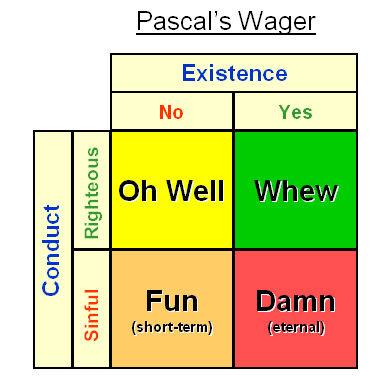 So we didn't wind up studying this in class, but in case you're interested here are some links on
So we didn't wind up studying this in class, but in case you're interested here are some links on 


 There is
There is 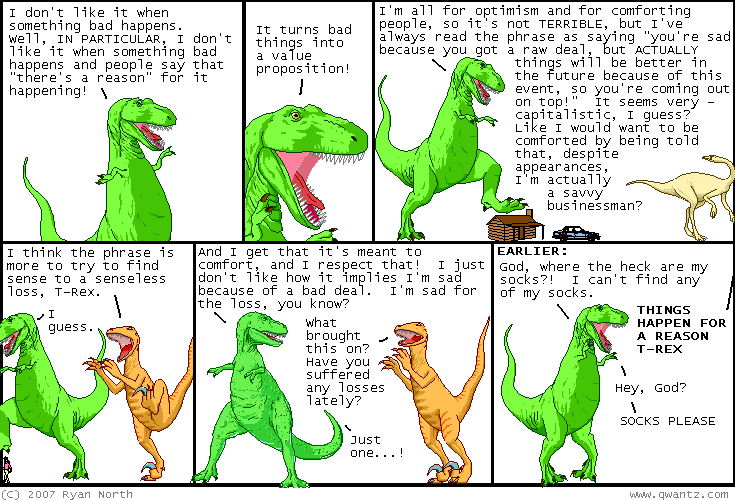






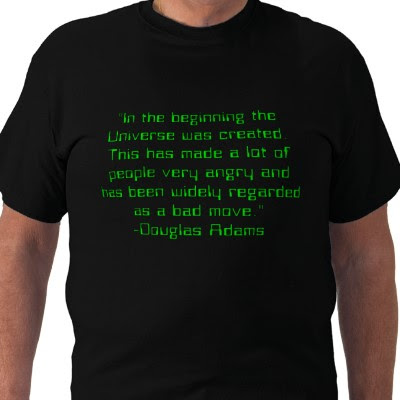

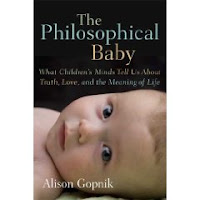




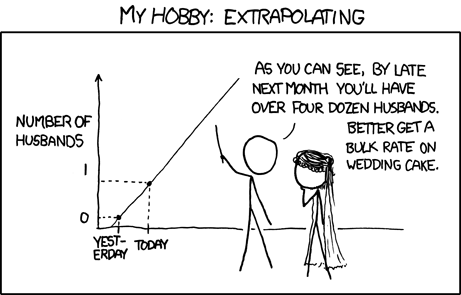
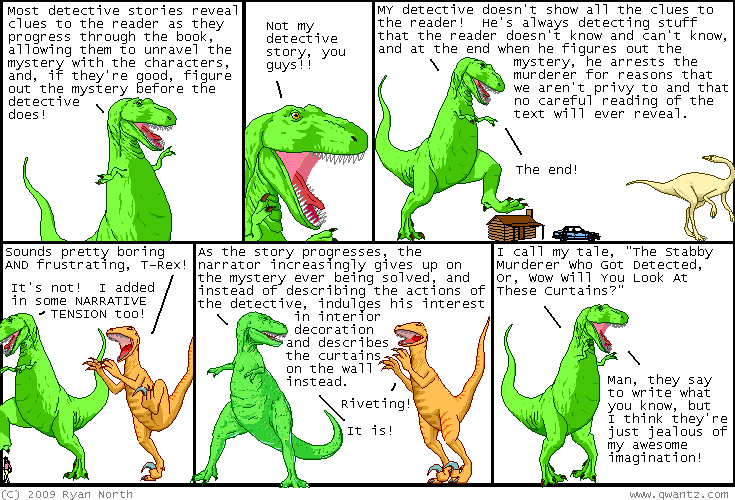

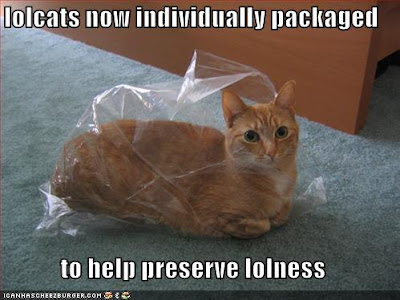


 Here are some ways to buy the textbook for this course, from cheapest to most expensive:
Here are some ways to buy the textbook for this course, from cheapest to most expensive: